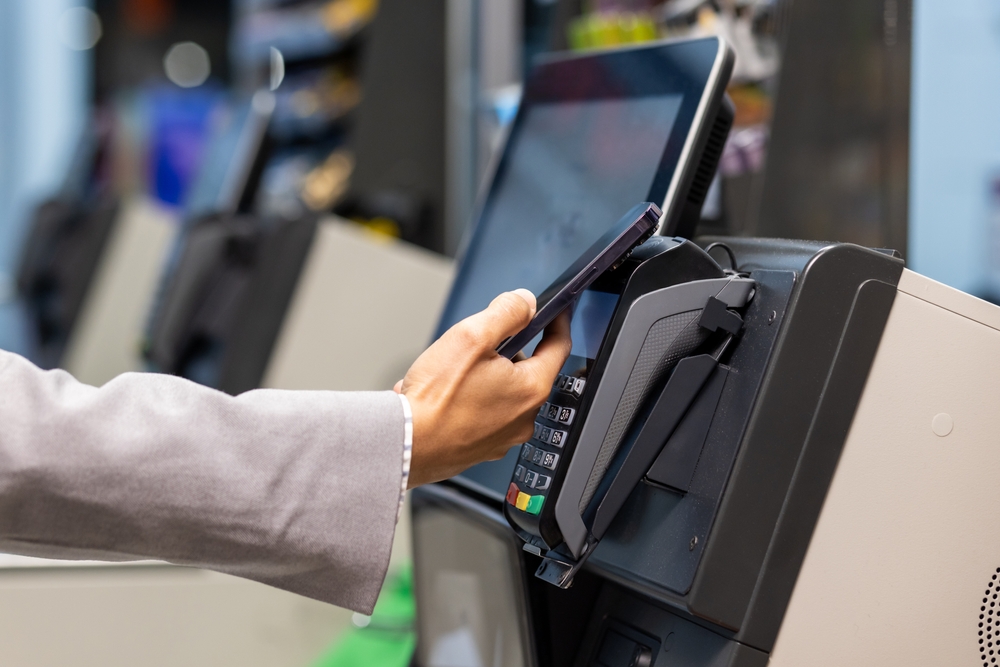The world of payments has undergone a dramatic transformation in recent years. With the advent of digital wallets, the way we pay for goods and services has changed significantly. Gone are the days when cash or plastic cards were the only options available. Today, digital wallets offer a convenient, secure and efficient method for managing financial transactions. This shift not only simplifies the payment process but also brings about numerous benefits for consumers and businesses alike. Let’s explore how digital wallets are revolutionizing the way we pay and what this means for the future of finance.
What are digital wallets?
Digital wallets — also known as e-wallets — are electronic devices or online services that allow individuals to make electronic transactions. They store payment information and passwords for various payment methods and websites. These wallets can be used through smartphones, computers or other digital devices, providing a seamless way to pay without the need for physical cash or cards.
Popular digital wallets include Apple Pay, Google Wallet, Samsung Pay, PayPal and many others. These platforms enable users to link their bank accounts, credit cards or even cryptocurrencies, allowing for a diverse range of payment options at their fingertips.
Convenience and speed
One of the most significant advantages of digital wallets is the convenience they offer. With just a few taps on a smartphone, users can make payments quickly and efficiently. There’s no need to rummage through a wallet for the right card or count out cash. Digital wallets streamline the process, making it faster and more straightforward.
For businesses, this speed translates into shorter transaction times and quicker checkouts, enhancing customer satisfaction. Retailers and service providers can process more transactions in less time, which can lead to increased sales and improved customer experiences.
Enhanced security
Security is a major concern for consumers and businesses alike. Digital wallets offer enhanced security features that traditional payment methods often lack. Most digital wallets use encryption and tokenization to protect sensitive information. This means that the actual card details are not shared with merchants during transactions, reducing the risk of fraud.
Additionally, many digital wallets require biometric authentication, such as fingerprint or facial recognition, adding an extra layer of security. This makes it much harder for unauthorized users to access the wallet and make fraudulent transactions.
Accessibility and inclusivity
Digital wallets have the potential to increase financial inclusion, particularly in regions where traditional banking infrastructure is lacking. With a digital wallet, anyone with a smartphone and internet access can participate in the digital economy. This opens up opportunities for individuals who previously had limited access to banking services.
For instance, in many developing countries, mobile payment systems have become a primary means of conducting transactions. Services like m-pesa in Kenya have revolutionized the way people save, transfer and spend money, promoting economic growth and financial inclusion.
Integration with other services
Another way digital wallets are changing the way we pay is through their integration with other services. Many digital wallets offer additional features such as loyalty programs, rewards and discounts. These incentives can encourage users to choose digital payments over traditional methods.
Furthermore, digital wallets can integrate with budgeting and financial management apps, helping users track their spending and manage their finances more effectively. This holistic approach to financial management can lead to better financial habits and increased savings.
Environmental impact
The shift towards digital wallets also has positive implications for the environment. Reducing the reliance on physical cash and plastic cards means less production and disposal of these materials. Digital transactions require less paper, reducing the carbon footprint associated with printing receipts and statements.
Moreover, as more people adopt digital wallets, there is a potential decrease in the need for physical bank branches, which can lead to lower energy consumption and reduced emissions from transportation.
Challenges and considerations
While digital wallets offer numerous benefits, there are also challenges to consider. One major concern is the digital divide: not everyone has access to the necessary technology or internet connectivity. Ensuring that digital wallets are inclusive and accessible to all demographics is crucial.
Additionally, there are concerns about data privacy and the security of personal information. As digital wallets store sensitive data, providers need to maintain robust security measures and comply with privacy regulations.
The future of digital payments
The future of digital payments looks promising, with digital wallets playing a central role. As technology continues to advance, we can expect even more innovations in this space. For example, the integration of artificial intelligence (AI) and machine learning could enhance the functionality and personalization of digital wallets.
Cryptocurrencies and blockchain technology are also likely to influence the future of digital payments. Some digital wallets already support cryptocurrencies, and as these digital assets become more mainstream, their integration into everyday transactions will become more common.
Moreover, the rise of the Internet of Things (IOT) will see more connected devices capable of making payments. Imagine a future where your smart refrigerator can automatically order and pay for groceries when supplies run low. Such advancements will further streamline the payment process and embed digital wallets into our daily lives.
Digital wallets: Present and future
Digital wallets are undeniably changing the way we pay, offering convenience, security and inclusivity. They are transforming the financial landscape, making transactions faster and more efficient while promoting financial inclusion and reducing environmental impact. However, challenges such as the digital divide and data privacy must be addressed to ensure that the benefits of digital wallets are accessible to all.
As we look to the future, digital wallets will continue to evolve, integrating new technologies and offering even more innovative solutions. Whether through AI, cryptocurrencies or IoT, the potential for digital wallets to reshape the way we handle money is vast. Embracing these changes will require adaptability and a commitment to ensuring that everyone can participate in the digital economy.
In this rapidly advancing digital age, digital wallets are not just a trend but a significant shift toward a more efficient, secure and inclusive financial system. The way we pay is evolving, and digital wallets are at the forefront of this transformation.
This story was created using AI technology.














